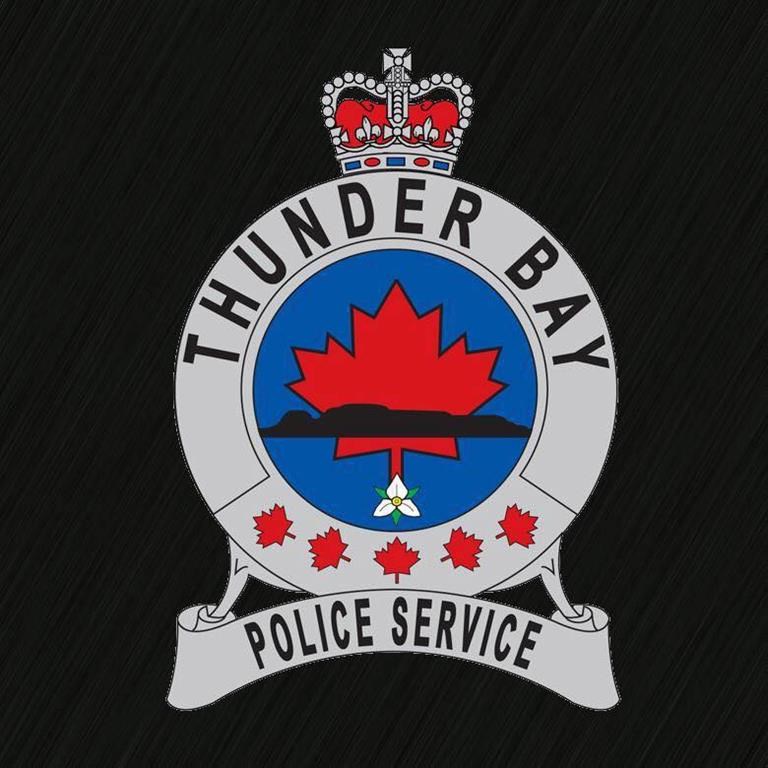Cellblock footage depicting the hours before an Indigenous man died in Thunder Bay police custody showed him reaching out to ask for a drink, lying down and struggling to move.

A coroner’s inquest viewed the footage Wednesday of Donald Mamakwa, 44, alone in a cell at Thunder Bay Police Service headquarters in 2014 shortly before he died from complications of diabetes and sepsis — a cause of death inquest counsel has said was likely preventable if he had been taken to a hospital.
The footage, which did not have sound, showed Mamakwa at one point reaching his arm out between the bars of the cell, holding a juice box.
Inquest counsel said the timing of the clip corresponded with testimony from another man who had been in custody at the time. He told investigators that Mamakwa had asked him for a drink but he was unable to help him.
The joint inquest in Thunder Bay is looking at the deaths of Mamakwa and his 50-year-old uncle Roland McKay, who died in 2017. Both Indigenous men died of medical conditions while in Thunder Bay police custody without being assessed by doctors, after they were arrested on suspicion of public intoxication.

Get breaking National news
An earlier clip showed a constable dropping off the juice box while Mamakwa was lying on the bed. He used his left foot to slowly slide the juice box towards him, and appeared to drink it while lying down.
- Man guilty of 1st-degree murder for shooting of rap artist outside Scotiabank Arena
- Blue Jays legend Joe Carter to be honoured with statue outside Rogers Centre
- Ontario taxpayers stuck with nearly $100K bill for rescue of 58 dogs
- 7 suspects charged in 2024 home invasion that killed Ontario homeowner
Many of clips showed Mamakwa lying down. In others, he was sitting up and rocking back and forth, appearing to breathe heavily, clutching his chest and struggling to stand shortly before he died early on Aug. 3, 2014.
Another clip showed a constable checking on him after he had already died, then bringing other people in uniform into the cell.
Counsel said on Tuesday, the first day of hearings, that both had chances of survival if they had been taken to hospital. The jury was told evidence is expected saying Mamakwa had a 97 per cent chance of surviving if he had been taken to a hospital.
Families of the two men testified Tuesday about the pain of their losses knowing that they were not taken hospital for treatment.
The inquest is also looking at how racism and bias may have affected first responders’ interactions with the two men.
A medical expert began testifying on Wednesday about Indigenous people’s experiences with racism and interactions with the health system.







Comments